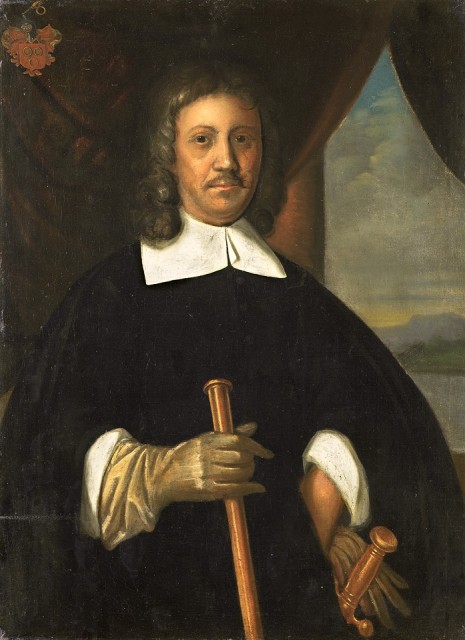Van Riebeeck, Jan
1619–1677
Dutch colonial administrator
Jan Van Riebeeck was a Dutch merchant who founded Cape Colony, the first European settlement in what would later become SOUTH AFRICA. Born in the Netherlands, Van Riebeeck began traveling at an early age with his father, who worked for the Dutch East India Company. In time he, too, worked for the company, and he became wealthy through his trading activities in Asia. However, the company discovered that he was trading on his own, and banished him from Asia. As punishment Van Riebeeck was sent to lead an expedition to the Cape of Good Hope at the southern tip of Africa in 1652. The plan was to create a supply station for Dutch ships headed for Asia. However, Van Riebeeck decided to build a fort to protect his people from both the Africans and from other Europeans.

Eventually Van Riebeeck decided to found a colony, establishing a settlement that later became CAPE TOWN. He imported slave labor to work the land and began to buy cattle from the local KHOISAN people. After a time he had bought all the cattle from nearby groups and had to trade with others much farther away to obtain new animals. The settlers eventually owned so many cattle that they had to seize land from the Khoisan to graze their herds.
The land seizures led to war in 1659, but the settlers retreated to their fort and held out against the Khoisan. Afterwards, Van Riebeeck ordered thorn bushes to be set up on the borders of the colony to keep out the indigenous population. This was the beginning of racial separation in the colony that would lead in time to the South African policy of apartheid in the 1900s. Although Van Riebeeck continued to trade with the Khoisan, he would have preferred to conquer them. However, his superiors in Holland would not allow him to pursue such a policy. Van Riebeeck led the settlement until 1662, when he was named governor of Malacca, in what is now Malaysia. Three years later he retired to the Dutch colony of Batavia (modern-day Indonesia) where he died a wealthy man. (See also Colonialism in Africa, Southern Africa, History of.)